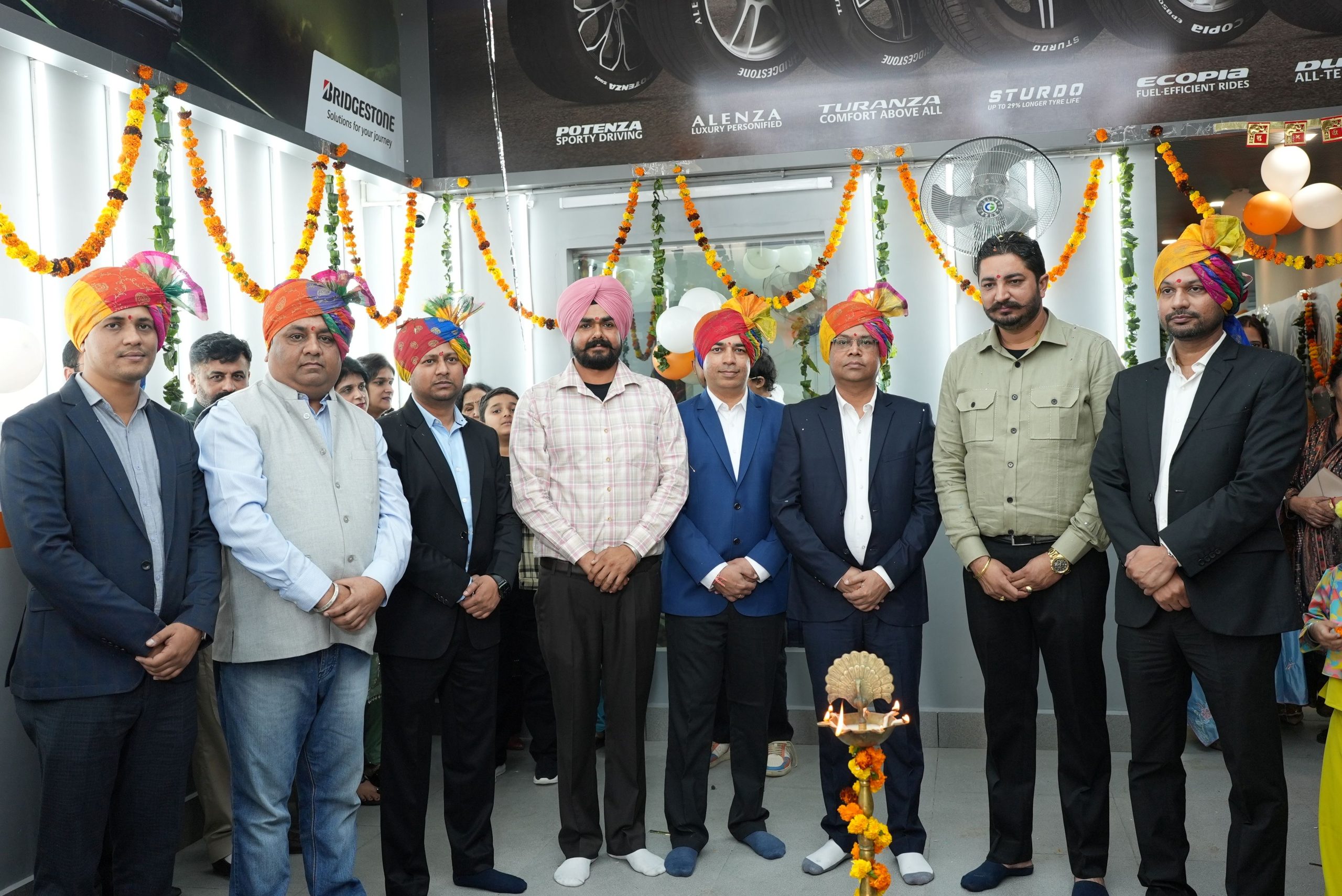Chief Minister MK Stalin has unveiled the new electric vehicles policy – 2023 with a vision to attract Rs 50,000 crore investments in the EV sector and create 1.5 lakh new jobs by offering incentives for industries and consumers.

Reimbursement of state goods and services tax (SGST), investment and turnover-based subsidy, advanced chemistry cell subsidy, electrification of public and commercial transport, and formation of electric vehicle cities are some of the features of Tamil Nadu Electric Vehicles Policy 2023.
According to the policy, the government will promote Chennai, Coimbatore, Tiruchirappalli, Madurai, Salem, and Tirunelveli as pilot cities for implementing e-mobility solutions to promote new or expansion projects in the manufacturing of EVs, its components and charging infrastructure, the state offers a one-time choice for the manufacturing units to opt for reimbursement of SGST, turnover-based subsidy, capital subsidy or special advanced chemistry cells capital subsidy.
Tamil Nadu has signed MoUs with an investment interest of nearly Rs 24,000 crore and an employment potential of 48,000 jobs in the EV value chain notwithstanding the effects of the Covid pandemic.
As per the new policy, EV projects will be provided with a 100 per cent exemption on electricity tax for a period of five years on power purchased from the Tamil Nadu Generation and Distribution Corporation Limited (TANGEDCO) or generated and consumed from captive sources.
As part of employment generation, EV projects will be provided with an employment incentive in the form of the reimbursement of the employer’s contribution to the EPF – a maximum of Rs 48,000 per employee and residents of Tamil Nadu – for all new jobs created during the policy period.
The policy also offers financial support to companies who wish to transition/diversify into EV manufacturing for upskilling their workforce. The government has also decided to waive road tax, registration charges and permit fees for EVs.
Further based on the battery capacity and the vehicle type, the state government will also offer incentives for commercial vehicles ranging between Rs 5,000 for e-cycles to Rs 10 lakh for e-buses. The state government will also incentivise converting internal combustion engine-powered commercial vehicles to EVs.
As per the new EV policy, the Tamil Nadu government will also revise the power tariff for public charging stations and offer incentives to charging and battery swapping stations.
Such initiatives have been taken to boost the adoption of EVs in the mix, this also creates an ecosystem to support the EV wave that is prevalent at present.











Leave a Reply